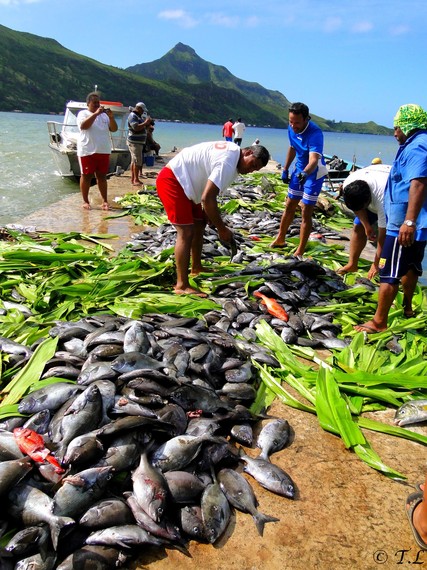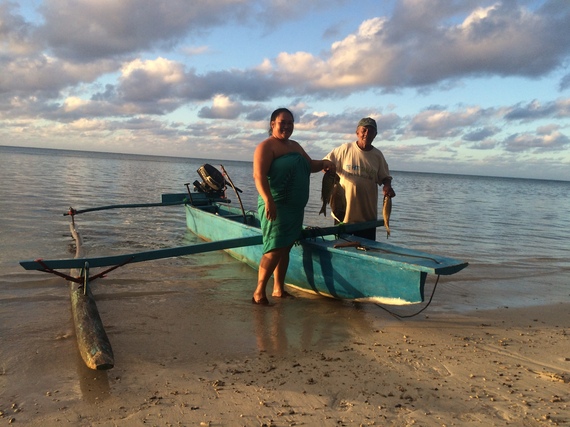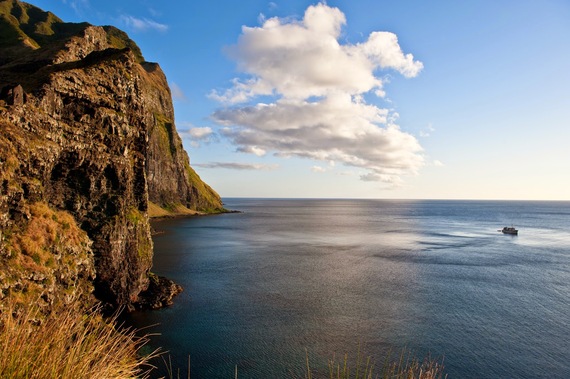The people of Rapa cannot live without the sea. To come to our island, one must travel across the ocean because we have no airstrip. The only way of communicating with our island is to navigate there by boat for several days. On a daily basis, the ocean is what gives us the resources we need to live on Rapa, our small island, a part of French Polynesia's Austral Islands.
In the early 1980's new fishing methods arrived to our island together with freezers and refrigerators. We began to see a rapid decline in fish stocks. Our resources were being massacred.
Before these technologies, we would take just the fish we needed for the day and the next morning. But once people could preserve fish longer, they started to take more than what was needed.
At that time, the municipal council of our island, which included me, re-established a rāhui--a traditional Polynesian practice that restricts fishing an area or resource to conserve it. The rāhui helped bring the fish along our coasts back to healthy levels.
But today, there is a problem of overfishing in the broader Pacific. We live on a lost island, but through television--our window to the world--we know that some areas of the Pacific, the Atlantic, and other parts of the seas are overfished. Now boats have to go farther and farther into the ocean to find fish.
We recognize that it is important to go bigger than our current rāhui and expand its boundaries.
This is why we have joined the municipalities of the other Austral Islands to propose a one million square kilometer marine reserve to be called Rāhui Nui Nō Tuhaa Pae, or "the big rāhui of the Austral Islands."
Together with the Federation of the Polynesian Environmental Associations (FAPE) and The Pew Charitable Trusts Global Ocean Legacy project, we are calling for this reserve to help us maintain healthy fish stocks to feed our families and support local fishermen while maintaining our traditional culture.
The creation of a large rāhui for the whole archipelago is vital. It will protect the resources of our island for our people and for future generations. Now that we have established the coastal rāhui in Rapa and everyone has seen its benefits, it is quite logical for us to extend the rāhui offshore.
It is imperative that world leaders react to overfishing as we managed to do in Rapa. I would make a call to all world leaders: We must address the issue of overfishing, otherwise we risk leaving a planet for future generations that is stripped of everything. We must think about our children. If we do not act, they will be left with an empty ocean and no resources. The rāhui is an example to follow because the people of Rapa have lived with our rāhui for more than 30 years. We are happy and proud to say it works. But now is the time for rāhuis to be reproduced on a larger scale around the world.


